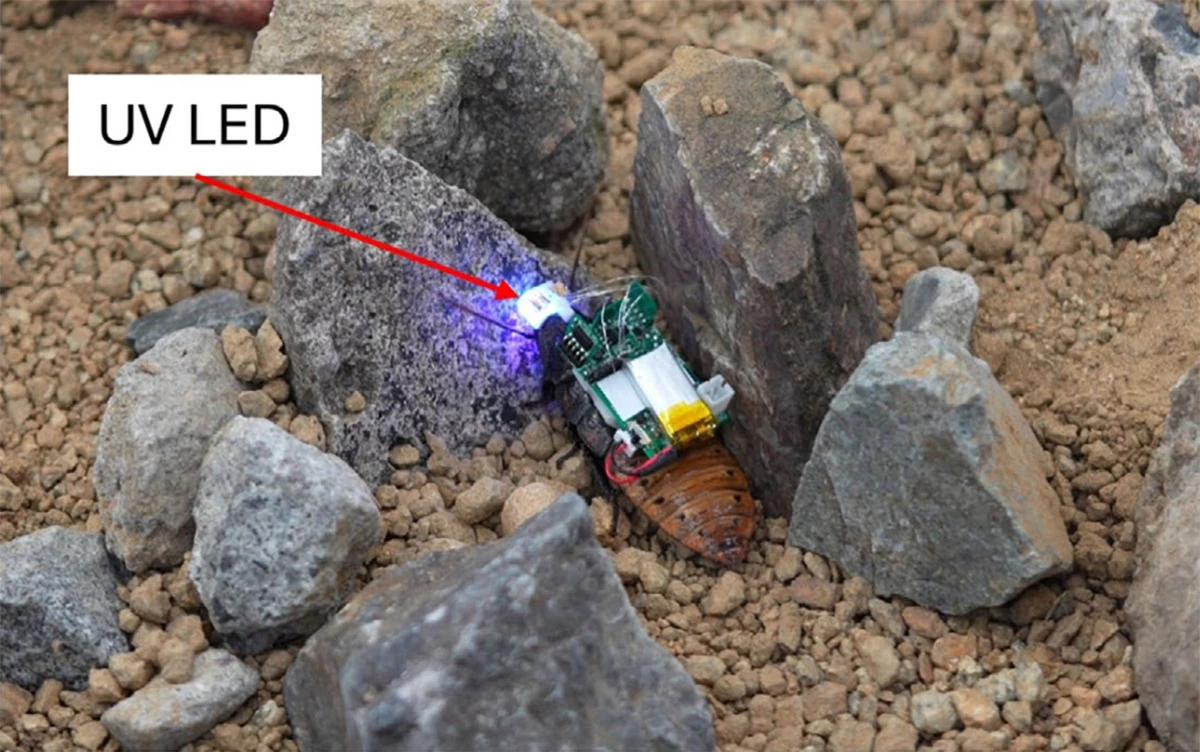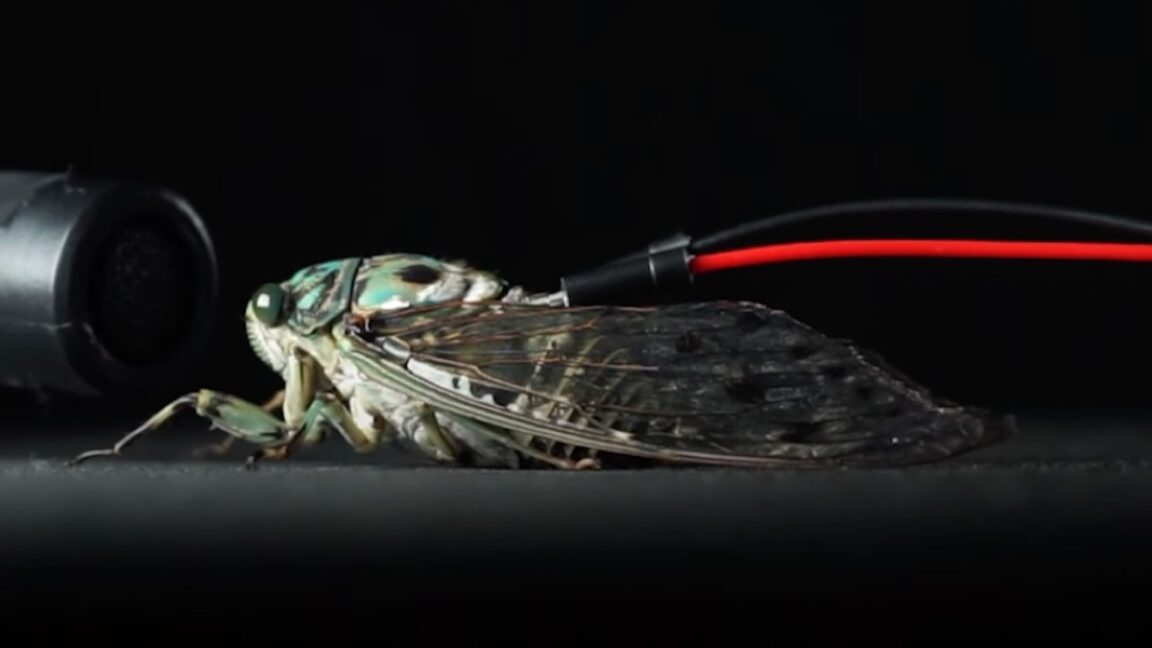Get the latest tech news
Cyborg embryos' tiny implants reveal developmental brain activity in frogs and lizards
Talk about thinking small: researchers at Harvard University have devised a new way to implant flexible bioelectronic devices in the embryos of frogs, mice, and lizards, enabling them to monitor brain activity as these creatures develop.
Talk about thinking small: researchers at Harvard University have devised a new way to implant flexible bioelectronic devices in the embryos of frogs, mice, and lizards, enabling them to monitor brain activity as these creatures develop. "Autism, bipolar disorder, schizophrenia – these all could happen at early developmental stages," Jia Liu, an assistant professor of bioengineering and collaborator on the study, explained. It's designed to be many orders of magnitude softer than conventional flexible electronics, hold a large number of electrodes, while also reducing damage and lasting a long time inside the body.
Or read this on r/tech
